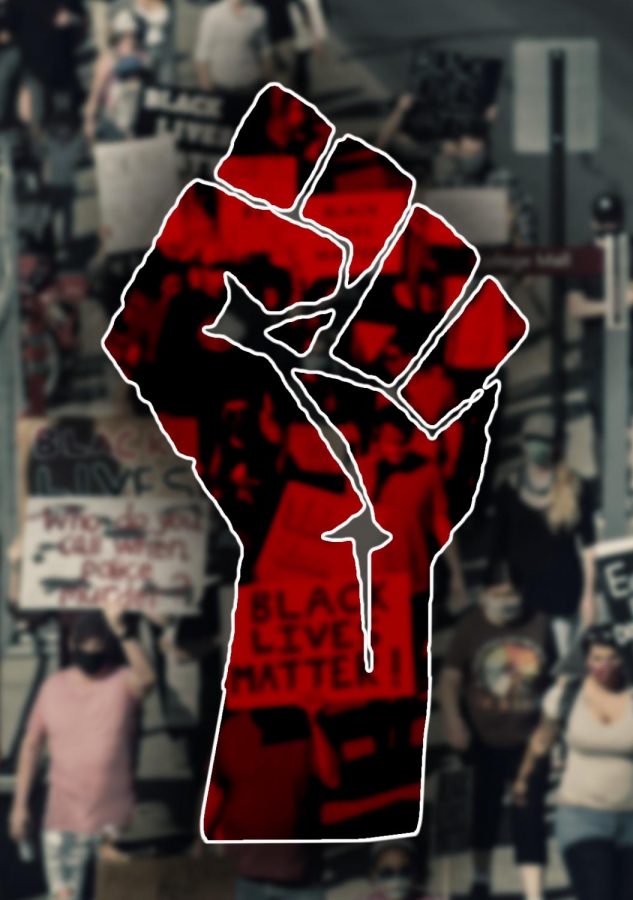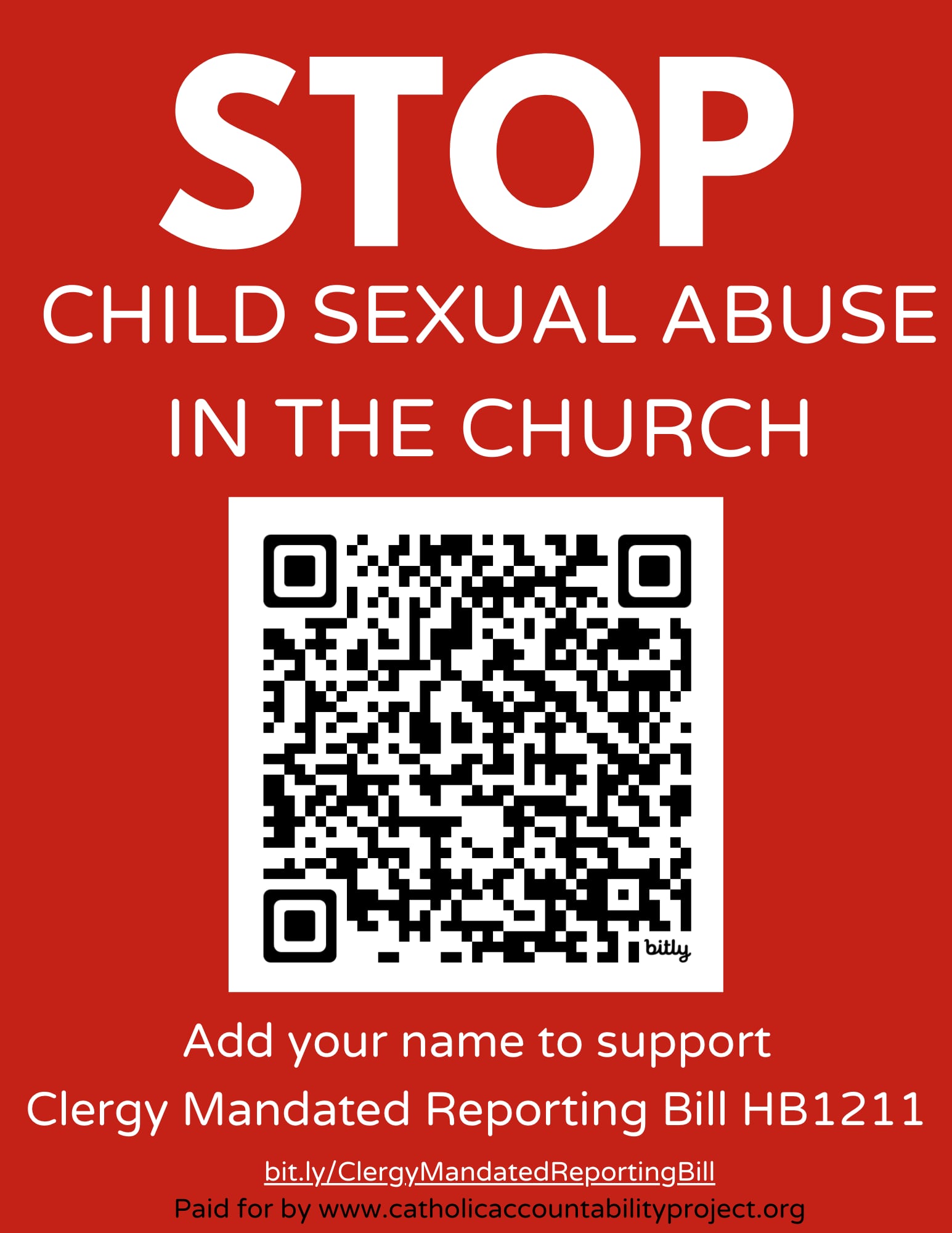Educate Yourself: Black Lives Matter protests
Knowing Black history is integral to understanding these protest
Love our recommendations? You can send your thoughts to [email protected].
June 18, 2020
The important thing to remember about these protests is that none of this is happening in a bubble. The anger and frustration that we’re seeing today isn’t just spurred by recent police killings, but of a general frustration Black people have had in America over the value of their lives.
These past few weeks have been a culmination of centuries of inequality. It’s hard to understand the depth of that when most people haven’t been taught much about Black history or even read or watched much created by Black people. It can be hard to figure out where to start, so I’ve compiled a list of books, films and lectures to give context on why these protests are so important.
This list is meant to start people off. There’s so much more to be said about the topics any of these recommendations cover, and I highly encourage readers to seek out more. I haven’t read anywhere near enough — this is just what I think is most helpful out of what I have read.
General
Open Yale Courses: African American History: From Emancipation to the Present
Like I said, these protests are a culmination of American history, and this series of lectures from Professor Jonathan Holloway is a fantastic start. Like the title suggests, the 25 lectures start with slavery and end in the present, spanning the Reconstruction era, Jim Crow, Civil Rights, and covering segregation, redlining, blockbusting and many other topics. It obviously doesn’t cover everything there is to know, but it’s a start and shows how much there is to learn.
“Heavy: An American Memoir” by Kiese Laymon
I spoke a bit about this book for the February edition of Mint Book Club but to reiterate, the title is fitting. Laymon’s life growing up in Mississippi is marked by race, and it affects how he interacts with his loved ones, strangers and himself. In this pursuit of education, I think it’s just as important to read Black voices talking about their experiences as it is learning about the history, and this is a fantastic book to do that with.
Police/Prison
“The New Jim Crow: Mass Incarceration in the Age of Colorblindness” by Michelle Alexander
I won’t say much on this because I haven’t had the chance to read it yet, but this book has been endlessly cited as one of the top reads on the widespread discrimination against Black people in the criminal justice system. Evergreen columnist Zach Goff recommended it for Mint Book Club, so you can read what he had to say about it. I just wanted to at least mention it.
13th
13th has been recommended in everything since it came out, and it honestly deserves it. This documentary delves into the history of prisons in America, how they targeted and forced labor out of Black people and still do to this day. This is the best introduction to the history between Black people and the criminal justice system that I’ve found, and it’s on Netflix, so if you subscribe there’s no excuse not to watch it.
“Policing the Black Man: Arrest, Prosecution, and Imprisonment” by Angela Davis
The essays in this book cover everything — from statistics and analysis of the disproportionate killings of Black men to testimonies from those who saw it first-hand. As Angela Davis says in her introduction, Black men aren’t the only people mistreated by police, but they do have a unique relationship with them, and the essays in this book unravel that relationship. Reading essays might not sound like the most interesting idea to you, but each one teaches readers more about how policies and the attitudes from the past and present harm Black men today.
Defunding/Abolition
I’m not going to advocate for or argue about defunding or abolishing police and prison here. What I will say is that neither of these arguments is new. Writers (especially Black writers) have been talking about alternatives to police and prison since they were established in America, and to seriously consider and debate these ideas, you have to read about them. I won’t go into detail about these next recommendations, but they speak for themselves if you read them.
Are Prisons Obsolete? By Angela Davis
Yes, We Mean Literally Abolish the Police by Mariame Kaba
Towards The Horizon of Abolition: A conversation with Mariame Kaba by Mariame Kaba and John Duda
Support For Defunding The Police Department Is Growing. Here’s Why It’s Not A Silver Bullet. by Simone Weichselbaum and Nicole Lewis










